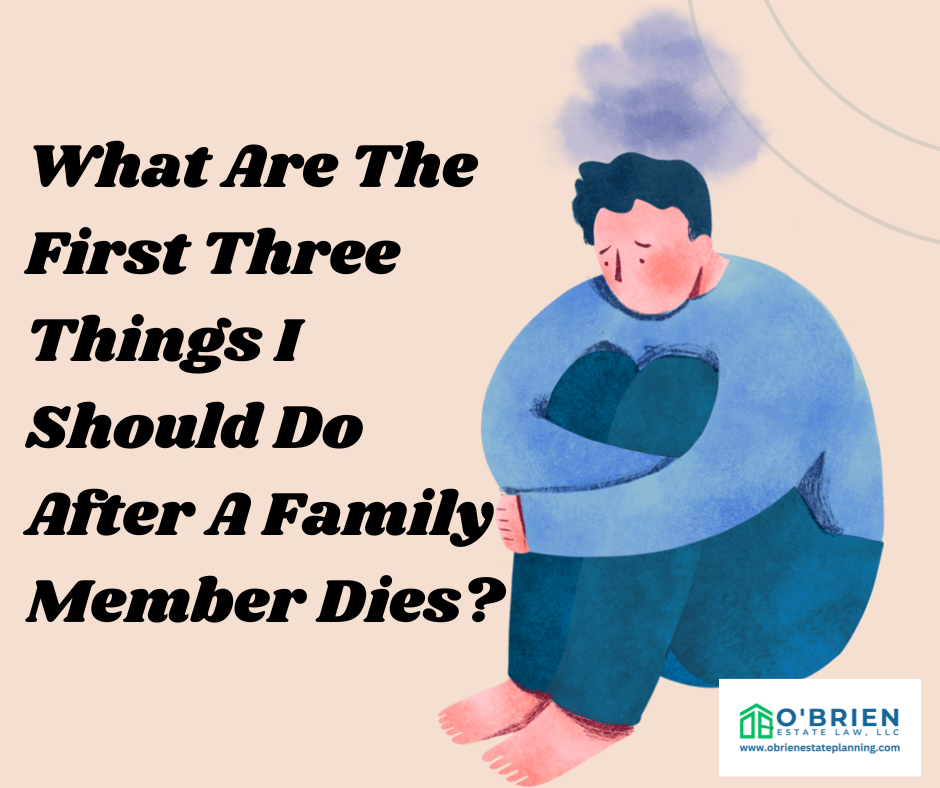Losing a family member is an incredibly difficult and emotionally taxing experience. In the midst of grieving, there are practical matters that need to be attended to. Knowing what steps to take in the immediate aftermath of a loved one’s passing can alleviate some stress during an already overwhelming time. Here are the first three things you should do after a family member dies:
1. Gather Important Documents and Information: In the days following a loved one’s passing, it’s essential to gather important documents and information that will be needed for various administrative purposes. This includes the deceased’s will, birth certificate, social security number, marriage certificate (if applicable), and any relevant financial documents such as bank account information, investment statements, and insurance policies.
Having these documents readily available will streamline the process of settling the deceased’s estate and handling their affairs. It’s also important to make multiple copies of these documents and keep them in a secure location. Additionally, if the deceased was receiving benefits from government programs such as Social Security or Veterans Affairs, you will need to notify the appropriate agencies of their passing.
Losing a family member is never easy, and navigating the practical matters that arise afterward can be overwhelming. However, by taking these initial steps promptly and systematically, you can ensure that the necessary arrangements are made while allowing yourself and your family the time and space to grieve. Remember to lean on your support system during this challenging time and seek professional assistance if needed.
2. Notify Close Family and Friends: The first priority after the passing of a loved one is to inform immediate family members and close friends. This not only allows them to process the loss but also ensures that they are aware of the situation and can offer support. If the deceased had a specific wish regarding who should be notified first, it’s essential to honor that request.
When delivering the news, it’s important to be compassionate and sensitive to the emotions of those being informed. Some individuals may need extra support, so offering to be there for them or connecting them with grief counseling resources can be helpful. Remember, everyone grieves differently, so providing a safe space for individuals to express their feelings is crucial during this time.
3. Contact Relevant Authorities and Professionals: After notifying family and friends, the next step is to contact the necessary authorities and professionals. If the passing occurred at home or in a hospice setting, you will need to contact emergency services or the attending physician to officially declare the death. If the passing happened in a hospital, the medical staff will usually handle this process.
Additionally, it’s important to contact a funeral home or mortuary to make arrangements for the deceased. Funeral directors can guide you through the necessary steps for handling the body, including transportation, preparation, and scheduling the funeral or memorial service. If the deceased had specific wishes regarding their funeral arrangements, such as burial or cremation, be sure to communicate these preferences to the funeral home.
Depending on the circumstances surrounding the death, you may also need to contact other professionals such as the deceased’s attorney, accountant, or insurance agent. They can assist with legal and financial matters, including accessing the deceased’s will, settling outstanding debts, and filing insurance claims.
Remember, this information serves as educational and informational content only and is not a substitute for legal advice. Before making any changes to your estate plan, consult with a lawyer you trust to ensure your decisions align with your individual needs and circumstances. Click the link below to set up a meeting with O’Brien Estate Law, LLC, where we can discuss your specific situation and guide you towards a comprehensive estate plan.

